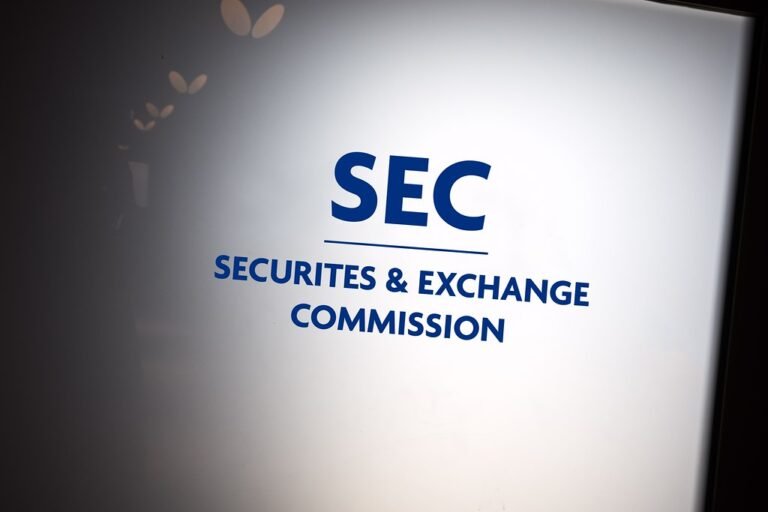
Bothell, WA, January 5, 2025 – Athira Pharma Inc., a clinical-stage biopharmaceutical company based in Bothell, Washington, has agreed to pay $4,068,698 to resolve allegations under the False Claims Act (FCA). The settlement addresses claims that the company failed to disclose research misconduct in federal grant applications and progress reports to the National Institutes of Health (NIH) and the Department of Health and Human Services (HHS) Office of Research Integrity (ORI).
Athira, which focuses on developing treatments for neurodegenerative diseases such as Alzheimer’s and Parkinson’s, was accused of not reporting allegations that its former CEO, Leen Kawas, falsified scientific images in her doctoral dissertation and published research papers. These manipulated images were cited in NIH grant applications between 2016 and 2021, including in a 2019 NIH-funded grant. According to the U.S. Department of Justice, the company violated federal regulations by failing to disclose these allegations in their grant applications and progress reports to both NIH and HHS ORI.
“The partnership between the scientific community and the federal government is built on trust and shared values of ethical scientific conduct,” shared Brian M. Boynton, Principal Deputy Assistant Attorney General, head of the Justice Department’s Civil Division. “Today’s settlement demonstrates that the Justice Department will pursue grantees that undermine the integrity of federal funding decisions.”
The investigation revealed that, while Athira’s leadership failed to report the misconduct in a timely manner, the company took corrective action once the issue came to light. After the board of directors was made aware of the allegations, Athira promptly notified NIH and demonstrated transparency, which helped mitigate the financial damages and allowed the company to come into compliance with federal laws.
“This settlement reinforces the importance of maintaining trust in the integrity of taxpayer-funded research,” said Principal Deputy Assistant Attorney General Brian M. Boynton of the Justice Department’s Civil Division. “The Justice Department will pursue any grantees who undermine the integrity of federal funding decisions.”
U.S. Attorney Tessa M. Gorman of the Western District of Washington emphasized the critical need for ethical conduct in medical research, especially in the growing field of neurological disease research. “That research must not be tainted by the misconduct highlighted in this case,” she stated, noting that Athira’s proactive approach after uncovering the issue was a mitigating factor in the settlement.
The case also involved a whistleblower claim filed by Dr. Andrew P. Mallon, a former researcher, who brought the allegations forward under the FCA’s qui tam provisions. As part of the settlement, Mallon will receive $203,434 from the total payout.
Special Agent in Charge Steven J. Ryan of the HHS Office of Inspector General (OIG) said “The failure of Athira to properly disclose allegations of falsified and manipulated scientific images by its former CEO to the NIH undermines public trust in taxpayer-funded research.”
The settlement was the result of a coordinated effort by the Civil Division’s Commercial Litigation Branch, Fraud Section, the U.S. Attorney’s Office for the Western District of Washington, and the HHS Office of Inspector General (OIG), which is committed to protecting the integrity of federally funded research.
As part of the resolution, Athira Pharma is expected to maintain its commitment to ethical conduct in its ongoing research and clinical trials, including its work on Fosgonimeton (ATH-1017), a treatment currently in Phase 2/3 trials for Alzheimer’s disease and Parkinson’s disease dementia.
“The research into neurological disorders such as Alzheimer’s and Parkinson’s Disease is critical to growing numbers of patients in our community,” said U.S. Attorney Tessa M. Gorman for the Western District of Washington. “That research must not be tainted by the misconduct highlighted in this case. To its credit, Athira immediately notified NIH of the research misconduct after the full board of directors learned of it. The company’s transparency significantly helped Athira mitigate its damages and demonstrated its resolve towards coming into compliance with the relevant law and regulations.”



